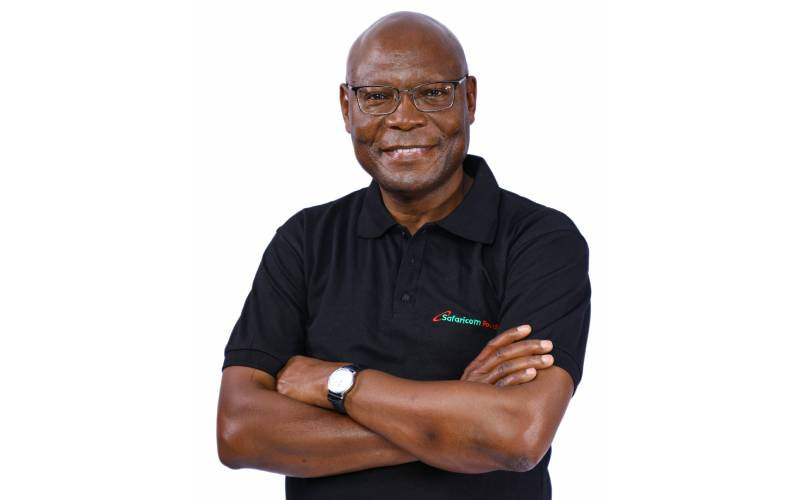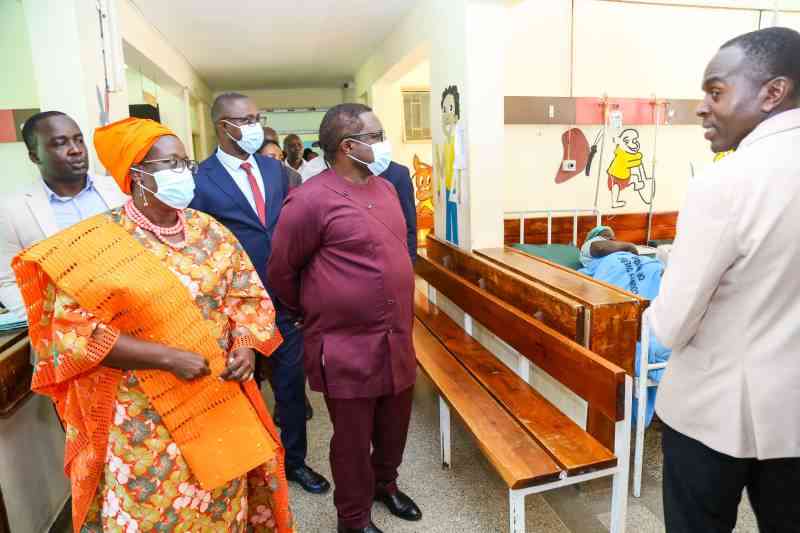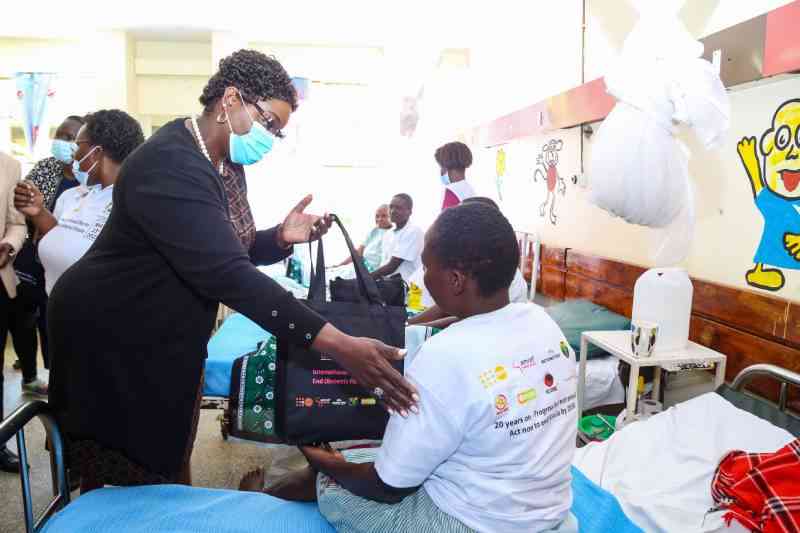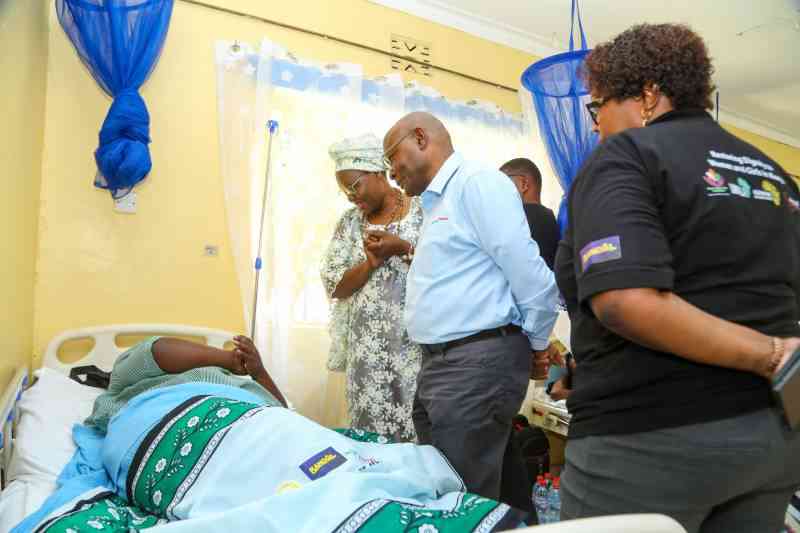
Childbirth is often celebrated as a joyful and miraculous event, symbolising the beginning of a new life. Yet, for many women, particularly in Africa, this moment of joy is overshadowed by the risk of obstetric fistula, a preventable condition that has, for decades, deprived countless women of their health, dignity, and the ability to embrace motherhood fully.
Obstetric fistula is a devastating condition resulting from prolonged, obstructed labour without timely medical intervention. This leads to a hole between the birth canal and the bladder and/or rectum, causing a lack of bodily control.
A 2004 World Health Organization (WHO) report revealed that two to three million women worldwide were living with untreated fistulas in the early 2000s, with Africa shouldering the majority of the burden. The report estimated 50,000 to 100,000 new cases annually, highlighting an urgent need for global action.
In response, The United Nations Population Fund (UNFPA) and its partners initiated the Global Campaign to End Fistula in 2003, which intended to eradicate obstetric fistula. The campaign is currently active in 55 countries. It focuses on four strategies: prevention, treatment, social reintegration, and advocacy, all driven by human rights principles such as non-discrimination, participation, and accountability.
Significant progress has been made since then. UNFPA reports a decline in new fistula cases to around 500,000, a testament to the concerted efforts of various stakeholders.
This shows that this fight is a collaborative effort if we want to achieve our goals. Here in Kenya, an example of this is the partnership between the M-PESA Foundation, Amref Health Africa, and the Flying Doctor's Society of Africa, among other partners. The "Integrated Fistula Programme" aims to eradicate fistula in Kenya by 2030. 
With an investment of KES 200 million, the program focuses on increasing community awareness, strengthening county health systems, and improving reintegration processes for fistula survivors. It targets several counties including Bungoma, Kilifi, and Kiambu, with activities such as corrective surgeries, Sexual and Reproductive Health (SRH) services, media campaigns, training of healthcare workers, and establishing support groups to aid reintegration. The initiative also emphasises comprehensive care from prevention to post-surgical reintegration and improves the planning, financing, and coordination of SRH services.
Despite the progress, substantial gaps remain. Leveraging technology and partnerships, we can establish databases that provide us with a clear picture of which regions in Kenya are most affected by fistula cases, allowing us to intervene sooner. These interventions can also reduce the distances women cover to access these services.
Corrective surgery is the primary treatment for fistula, yet the global shortage of fistula surgeons means only one in 50 women receives the surgery they need. This lack of trained professionals is a significant barrier to the ongoing efforts to fight fistula and restore dignity to our women.
Beyond the shortage of surgeons, we also have scarce healthcare centres for fistula cases. Emergency obstetric treatments and surgeries, essential for preventing and treating fistulas, are often out of reach. 
Cultural practices such as female genital mutilation (FGM) and early marriage significantly increase the risk of obstructed labour and fistula. Additionally, a lack of awareness about the condition leads to social stigma. Women affected by fistulas often face detestation, which adds emotional and psychological trauma to their physical pain.
Looking ahead to 2030, we must prioritise comprehensive systemic changes to complement the ongoing initiatives to eradicate obstetric fistula. This requires enhancing healthcare systems by investing in infrastructure, training, and referral networks to enable universal access to high-quality maternal care.
Additionally, integrating comprehensive sex education into curricula and outreach programs can empower women and girls to make informed decisions and seek timely medical attention. This education will also benefit men, who are often the perpetrators of stigma, fostering a more supportive environment for affected women.
By prioritising marginalised communities and bridging existing gaps, we can create an environment in which every woman can have a safe and dignified childbirth without the burden of an obstetric fistula.
Stay informed. Subscribe to our newsletter

With less than ten years remaining to achieve the United Nations' target, there is an urgent need to intensify our efforts. Reflecting on two decades of progress, we must now focus on the road ahead. All stakeholders, governments, NGOs, healthcare providers, and private sector partners must reinforce their commitments, innovate solutions, and stand in solidarity to end obstetric fistula by 2030.
Every woman deserves a life free from this preventable condition, and together, we can make this a reality.
To learn more, click on https://youtu.be/33RAnuePkyA
The author, Joseph Ogutu, is the Chairman, Safaricom Foundation.